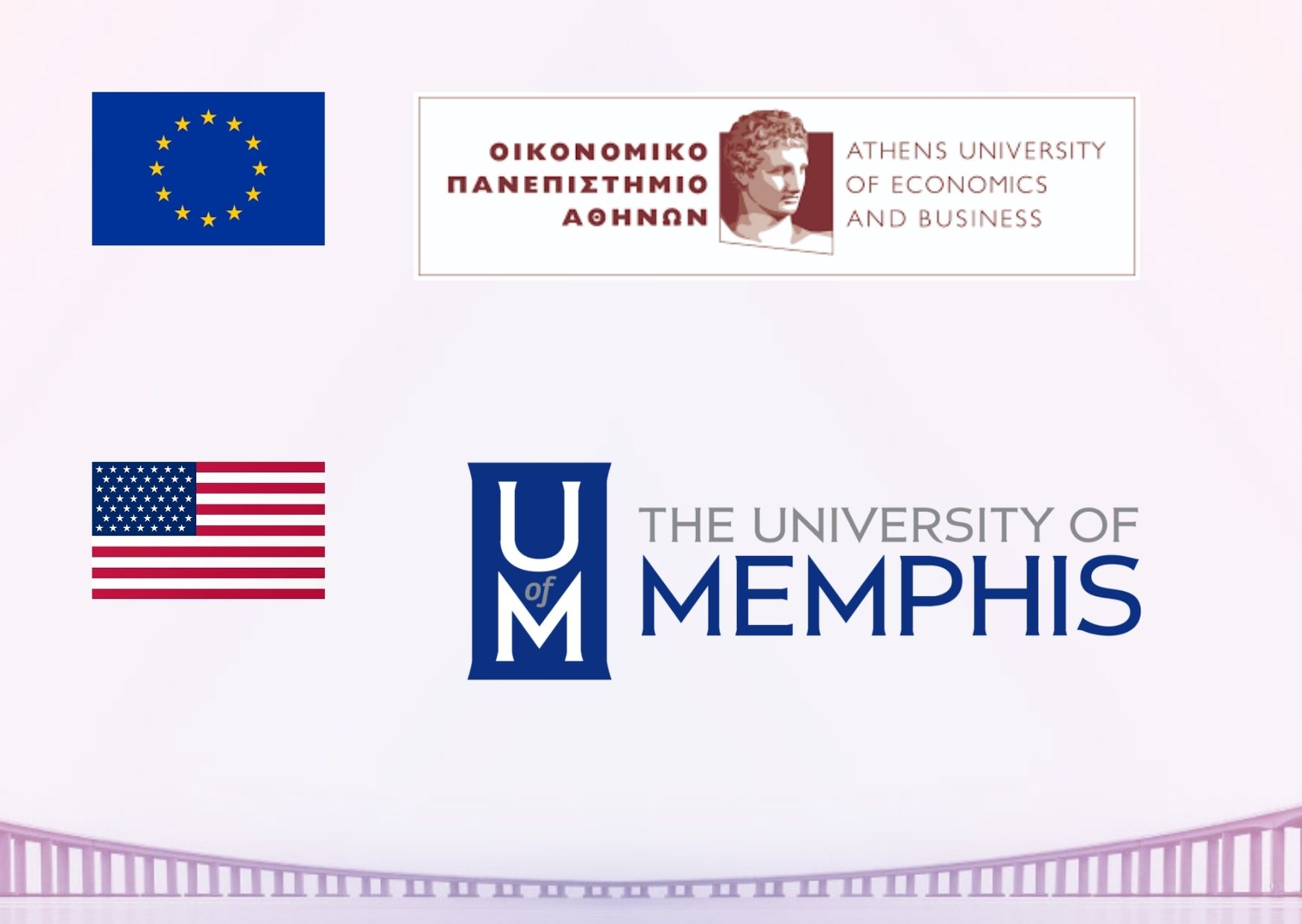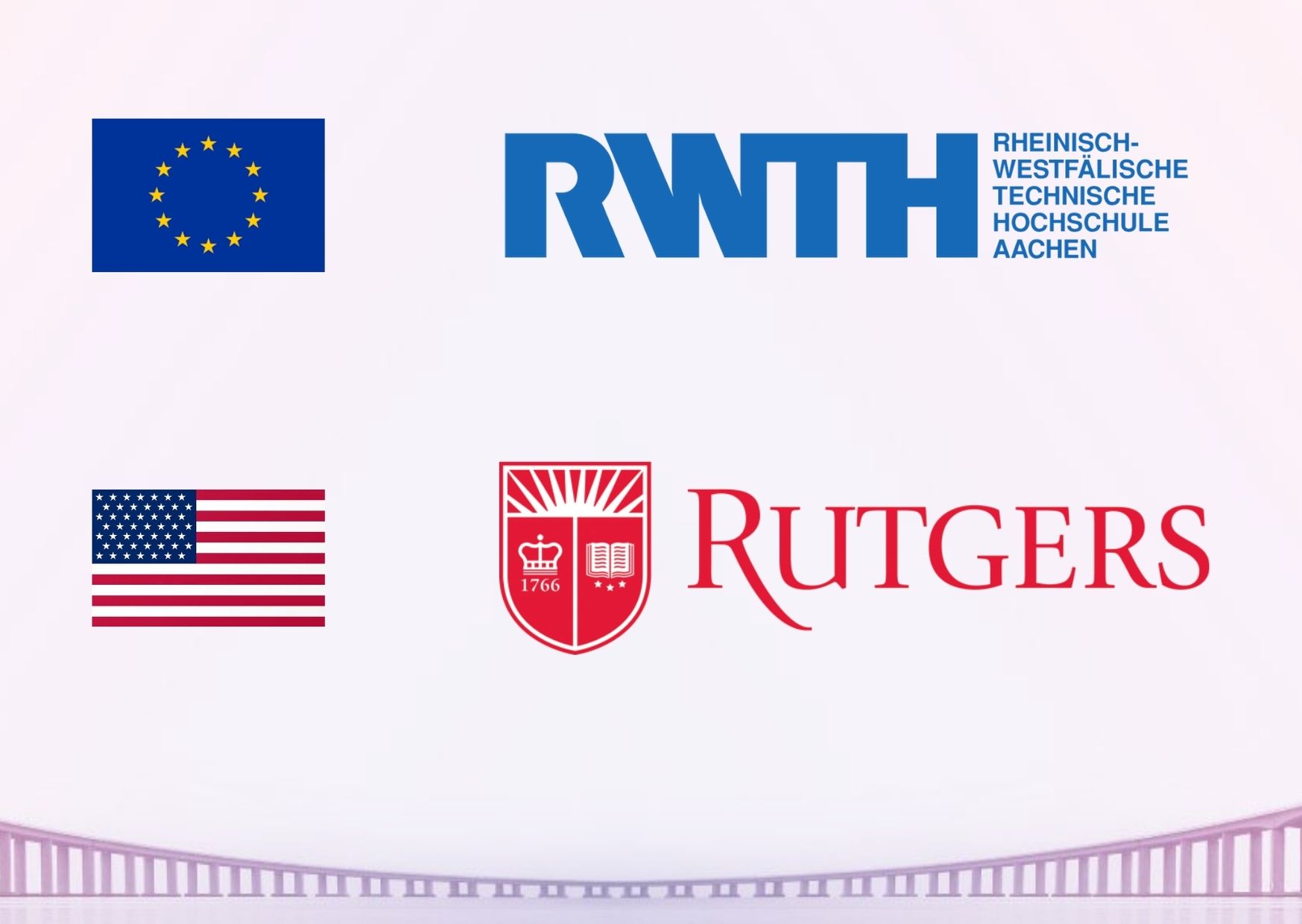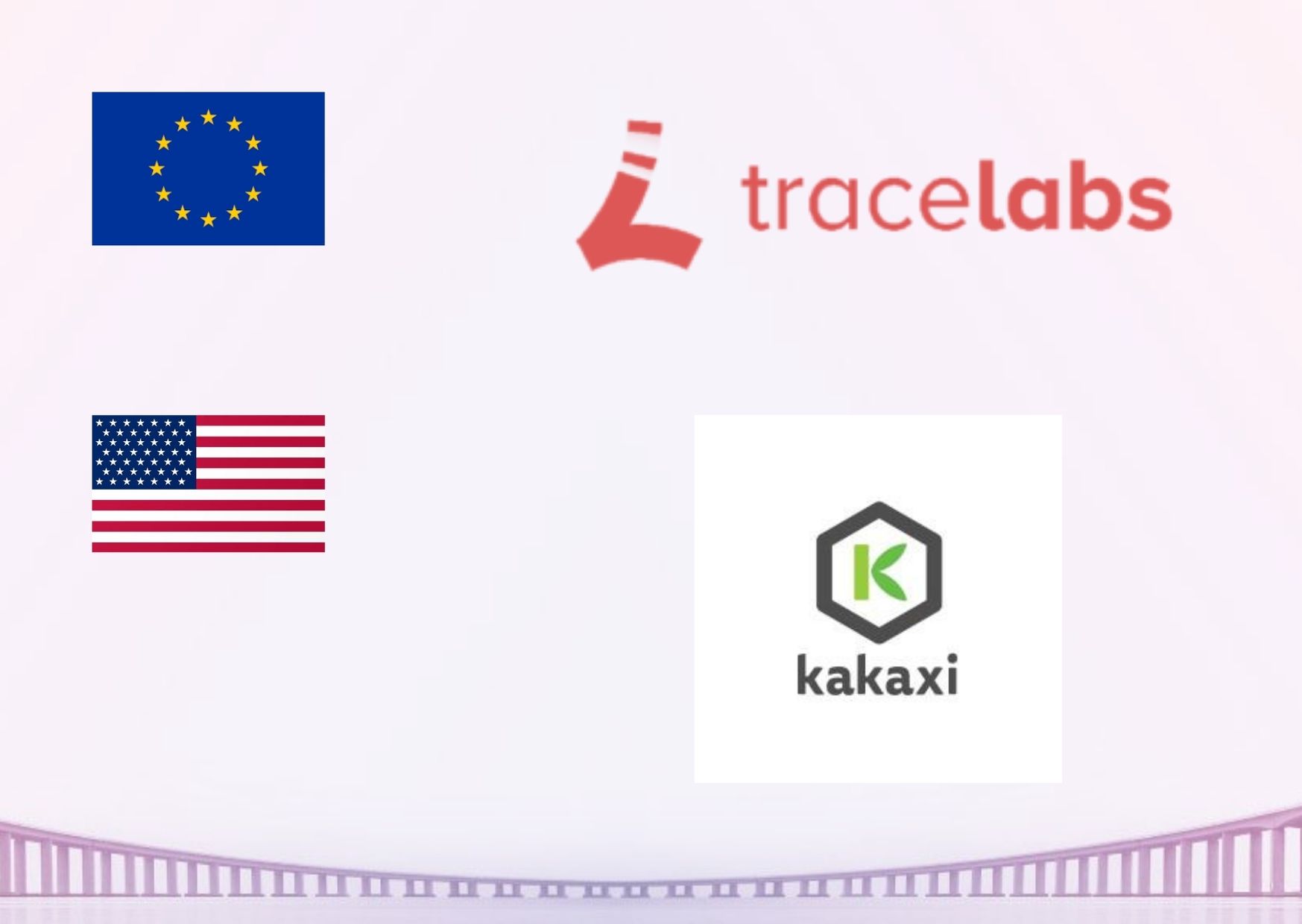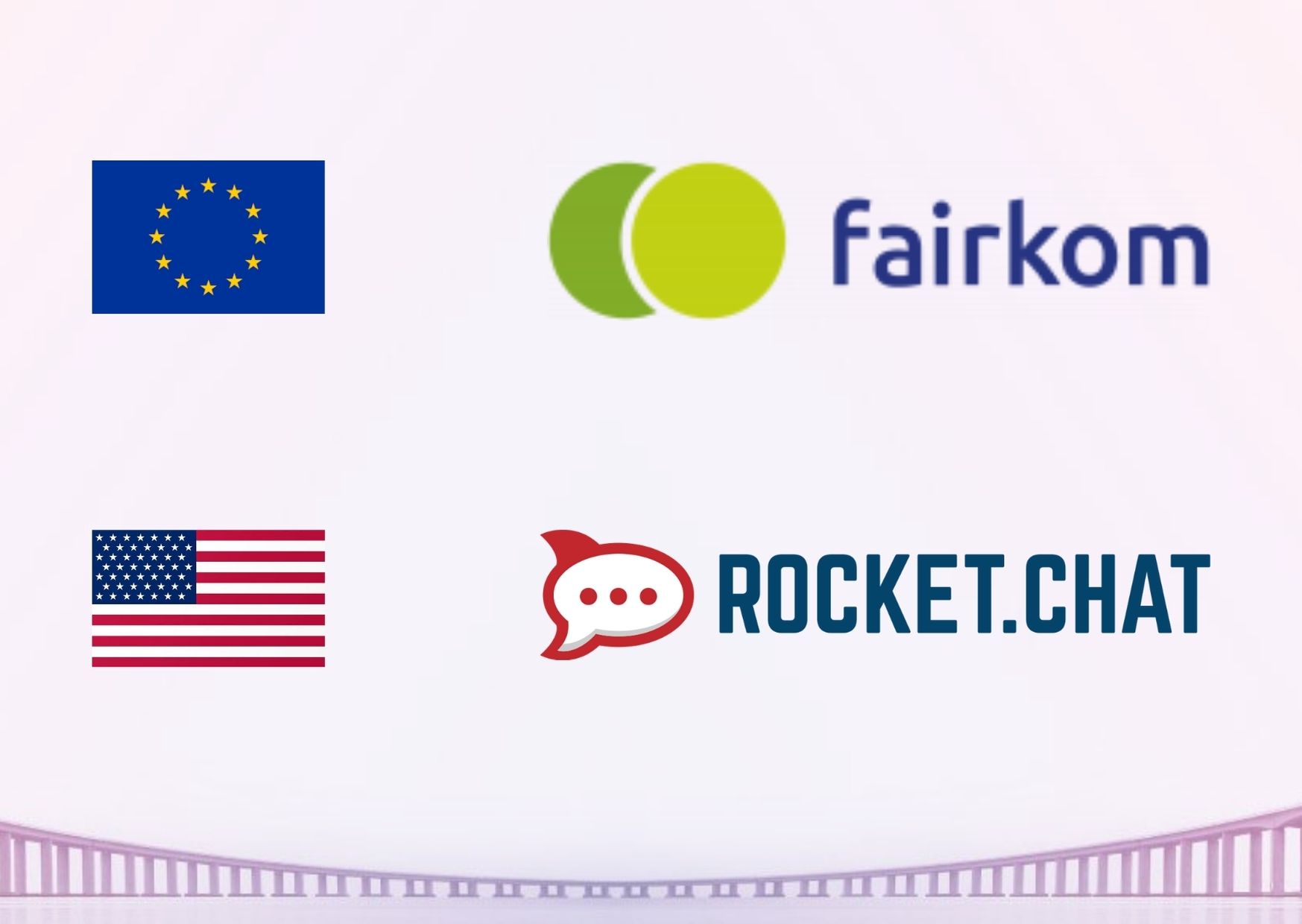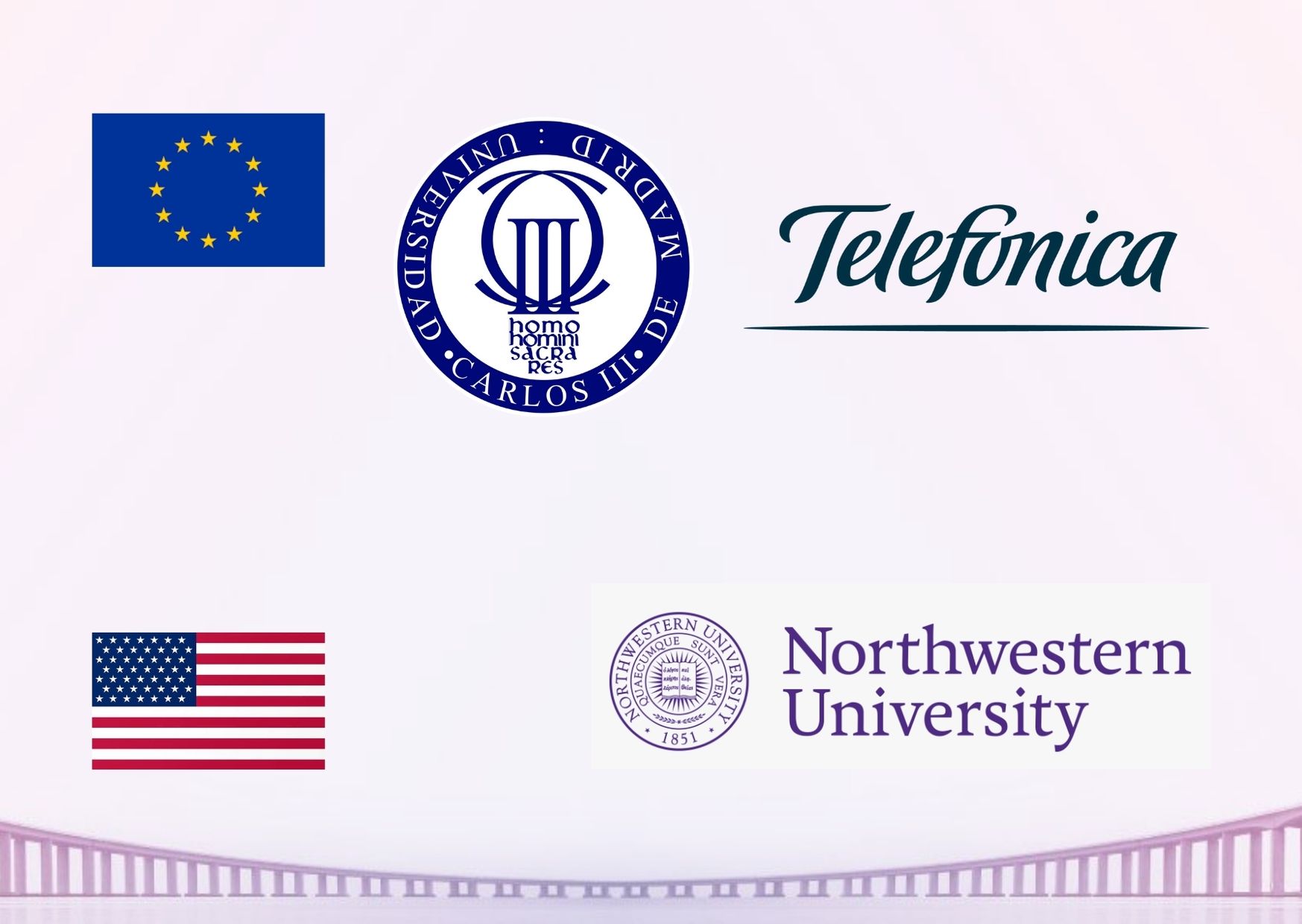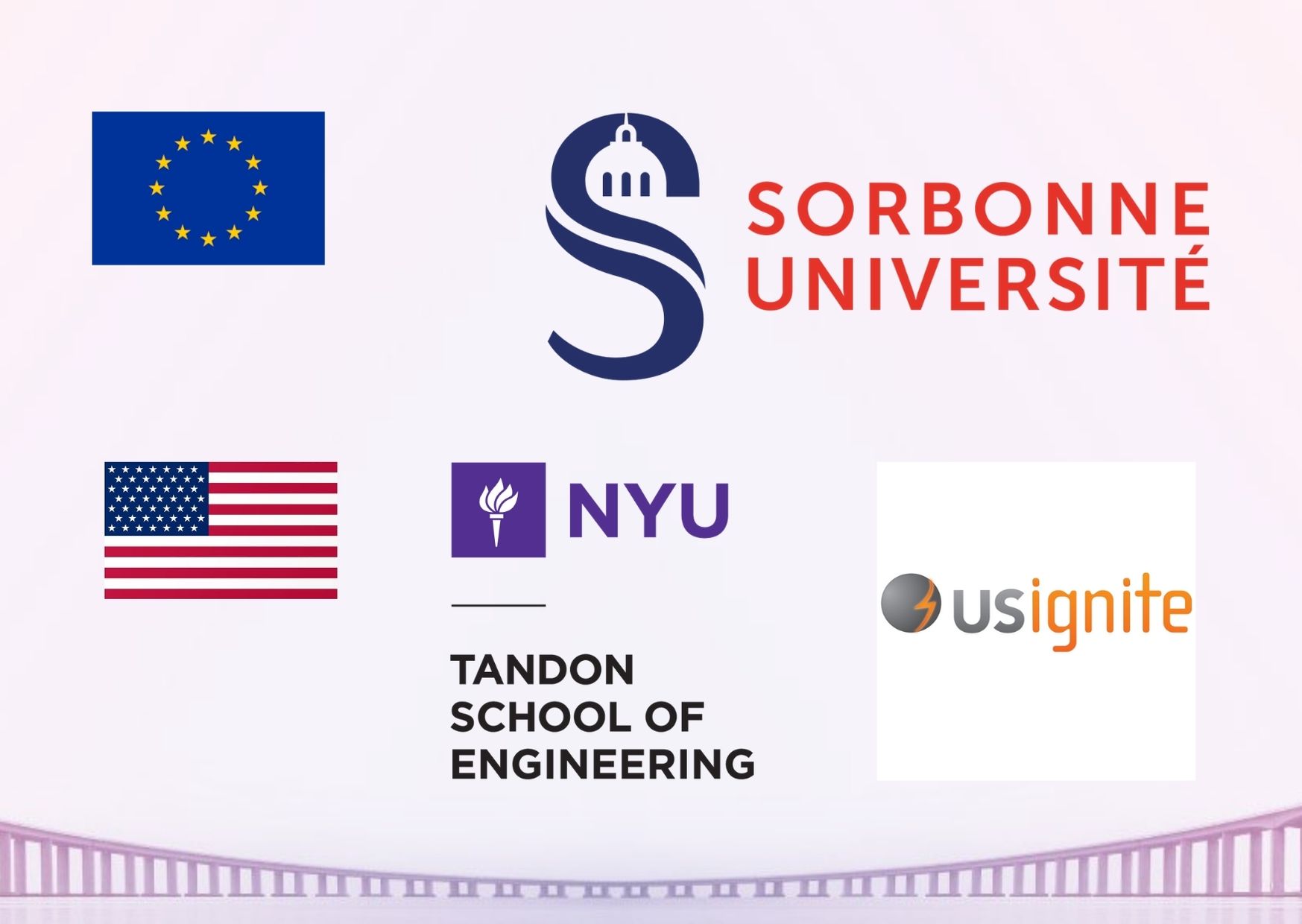About NGIatlantic.eu 1st Open Call

NGIatlantic.eu 1st Call Duration: 1 April 2020 - 29 May 2020, 17.00 CET
The main goal of the NGIatlantic.eu Open Calls was to incentivize EU – US NGI teams to carry out experiments using EU and/or US based experimental platforms. This took the form of funding to be provided through a cascade grant process for the EU counterparts of the teams formed. The focus of the Open Calls was the first set of priority topics on the EU’s Next Generation Internet (NGI) Initiative and related topics in which results are already available from previous NGI RIA projects to be partnered with an Experimental Platform of the proposer’s choice.
The call is now CLOSED - The six projects selected for the first Open Call, with a total funding budget of € 726,488, have been announced on 9 September 2020 and are listed below. For more information check the official announcement here
Self-Certifying Names for Named Data Networking
Athens University of Economics and Business with The University of Memphis
"The proposed solution builds on the emerging paradigm of Decentralized Identifiers (DIDs), a new form of self-sovereign identification under standardization by W3C. Our solution proposes the use of DIDs as content names in Name Data Networking (NDN). DIDs are associated to a DID document that contains cryptographic material that can be used for verifying DID ownership, as well as auxiliary information about the DID. This auxiliary information is used in our approach for verifying the “metadata” of an item, its ownership status, its “representations,” and it defines basic roles that can be used for access control."
Experimental Study of Context Based Routing Using Deep Reinforcement Learning
Rheinisch-Westfälische Technische Hochschule Aachen with Rutgers, the State University of New Jersey
"Through the proposed experimental campaign we intend to instigate research on the following issues: Can artificial intelligence (AI)—and in particular deep reinforcement learning (RL)—with the help of contextual information achieve real-time or near-real time packet routing and under which conditions? Can deep RL achieve that in a distributed manner? Is deep RL sufficiently resilient and adaptive in solving the super complex NGI routing problems?"
Food Data Marketplace - Privacy and Trust Enabling Data Marketplace for Sustainable Supply Chains
Trace Labs with Kakaxi Inc.
"Food Data Market (FDM) is an inclusive marketplace fostering new economic models for sustainable food supply chains based on data. It leverages key benefits of DLT (trust, neutrality, inclusiveness) while keeping the key advantages of participants intact by employing privacy-by-design approach thus enabling farmers and cooperatives to regain control of their data, give it a price tag, and sell it to interested partners in the supply chain. This contributes to greater visibility and trust in food supply chains, more equitable sharing of gains from data exchanges (value moving upstream supply chains - farmers) and to more sustainable environmental practices by making trusted information about food production available to consumers. "
Fairteam
Fairkom Gesellschaft with Rocket.Chat Technologies Corp.
"Cloud based workspaces and communication services should be able to map teams. fairkom offers a portfolio of open source-based web services. To make them as easy usable as possible we firstly apply a common brand strategy (faircloud, fairchat, fairmeeting, ...), secondly we do a horizontal integration with single-sign-on (fairlogin as ID provider) and thirdly we try a vertical integration between the services. One of the challenges is to map teams across cloud-based services."
Measuring Multi-Carrier Cellular Access International Roaming Performance
Universidad Carlos III de Madrid and Telefónica Research with Northwestern University.
"Multi-Carrier Cellular Access (MCCA) allows cellular users to dynamically connect to different cellular networks without switching their SIM card. There are a number of advantages that can be realized through MCCA. MCCA users can improve coverage and performance, combining measurement-based dynamic carrier selection and predefined preferences on radio access technology (RAT) use (3G, 4G, 5G, wifi), irrespectively of which carrier is offering it a particular location."
CacheCash Experiment
Sorbonne Université with NYU Tandon School and US Ignite.
"CacheCash, the Content Delivery Network (CDN) technology that we will test, has the potential to change the nature of CDNs by involving the end users themselves directly in serving content through machines that are under their control. Putting users in charge can lead to a wider range of content benefitting from CDNs. CacheCash provides a service in which interested users run caches, and they are incentivised to participate by receiving a crypto-currency (Cachecoin) in exchange for serving content to other users. Both cryptographic and economic analyses demonstrate that the incentives lead CacheCash users to honestly serve content. Analysis has also shown that CacheCash can scale to meet the workload of even the most popular services used today. Our experiment will put these ideas to the test."
- 1st Open Call Topic Priorities
-
The topics for the 1st NGIatlantic.eu Open Call are:
Privacy and Trust enhancing technologies – experimentation of results on the NGI call topic related to the development of robust and easy to use technologies to help users gain improved trust and greater control when sharing their personal data, attributes and information. Decentralised data governance - experimentation of results on the NGI call topic related to leveraging distributed open hardware and software ecosystems based on blockchains, distributed ledger technology, open data and peer-to-peer technologies with particular focus on ethical, legal and privacy issues, as well the concepts of autonomy, data sovereignty and ownership, values and regulations. Discovery and identification technologies - experimentation of results on the NGI call topic related to new methods of search, discovery, and access of large heterogeneous data sources, services, objects and sensors, devices, multi-media content, etc. and which may include aspects of numbering; providing contextual querying, personalised information retrieval and improved quality of experience.
EU – US Experimental Platforms
Although the calls are open to all EU or US experimental platforms (or even some combination); some examples of the types of platforms that could be used are:
- EU - NGI Experimentation (NGI-EXP), FED4FIRE+, 5G-PPP, among other
- US - NSF’s Wired and Wireless funded programs, such as ENTeR / GENI, FABRIC, and Future Cloud Platform, Platforms for Advanced Wireless Research (PAWR), US Ignite, and dedicated US-EU Internet Core & Edge (ICE-T) programmes, among others.
Examples of EU – US Project Teams
- Innovator(s) in EU that have developed an NGI based solution to improve new ways of search and discovery functionality teamed up with a US based experimental platform funded by the NSF.
- Innovator(s) in US funded by NSF that have developed NGI - based solutions on decentralised data governance that want to team up with an EU based partner who has also developed similar solutions and team up for further development and testing on an EU based experimental platform e.g. FED4FIRE+ or 5G-PPP.
In both of these examples, according to the funding rules, NGIatlantic.eu would fund the EU - based partners and the NSF would fund the US partners, either under existing project funds or new US - EU project funds.
Type of Proposals
Two types of proposals can be funded under the NGIatlantic.eu Open Calls, as shown below.
|
Proposal type |
Description |
Maximum Contract duration |
Monitoring frequency |
Funding range* |
|
LT – Long term contributions |
EU-US NGI experiment project with R&I activities |
6 months |
Monthly |
€50,000 - €150,000 |
|
ST – Short-Term contributions |
EU-US NGI experiment project with R&I activities. |
3 months |
Fortnightly |
€25,000 - €75,000 |
* Eligible Costs: Cost of personnel (inclusive of 25% overhead) and travel & subsistence (cost-reimbursement contracts).
Open Call for Applications - Process and Timing
NGIatlantic.eu will run 5 Open Call cycles. Each call will be open for 60 days to be followed by a 30-day evaluation period.
- 1st Call timing
-
- Launch: 1st April 2020;
- Deadline: 29th May 2020, 17:00 CET. The call is now CLOSED
- Evaluation: Each proposal will be evaluated by three members of an External Pool of Evaluators; Notification of Outcome: Applicants will be notified on the outcome of their proposal by the end of July 2020.
If your proposal is successful, you will be contacted within 5-10 business days of notification to take the steps necessary to prepare and sign the contract for the funding. Please note that a deadline of 10 business days will be applied to confirm your intention to take up the contract to enable the funds to be re-allocated to other successful applicants.
-
Evaluation Criteria
-
Each proposal will be evaluated based on the 4-criterion given below, with a scoring from 1 to 10 and the weighting indicated:
Criteria 1: Soundness of the proposal and foreseen impact on the Open Call topic (30%);
Criteria 2: Technical excellence & adherence to the Open Call topics (30%);
Criteria 3: Experience and qualifications of the applicant (20%);
Criteria 4: Economics of the proposal (20%).
The final scoring and ranking will be automatically determined by averaging the scores provided by the 3 independent evaluators identified from NGIatlantic.eu’s EPE. In any cases where there is a distinct discrepancy between the EPE votes, the EMT will be called upon to review the results carefully and carry out remedial actions, if necessary, such as requesting other independent EPE members to evaluate the proposal(s)
- Who can receive financial support?
-
Private and public organisations of any size (not individual researchers) located within the EU Member States or Associated Countries and twinned with a US counterpart, as described above to carry out the activities proposed. Please note that the funding is limited to coverage of the work to be carried out by the EU team. For the US teams, please refer to the funding mechanisms of your US partners (e.g. National Science Foundation).
- Will there be more open calls?
-
Yes. NGIatlantic.eu will launch 5 Open Calls in the period April 2020 – November 2021 – this is just your 1st chance to get your EU – US NGI experiment funded!
- Supporting Documents
-
Full Open Call text as PDF file
Proposal template in pdf format (contains brief instructions and its use is mandatory)
Proposal template in word format (contains brief instructions and its use is mandatory)
General information presentation
FAQ

